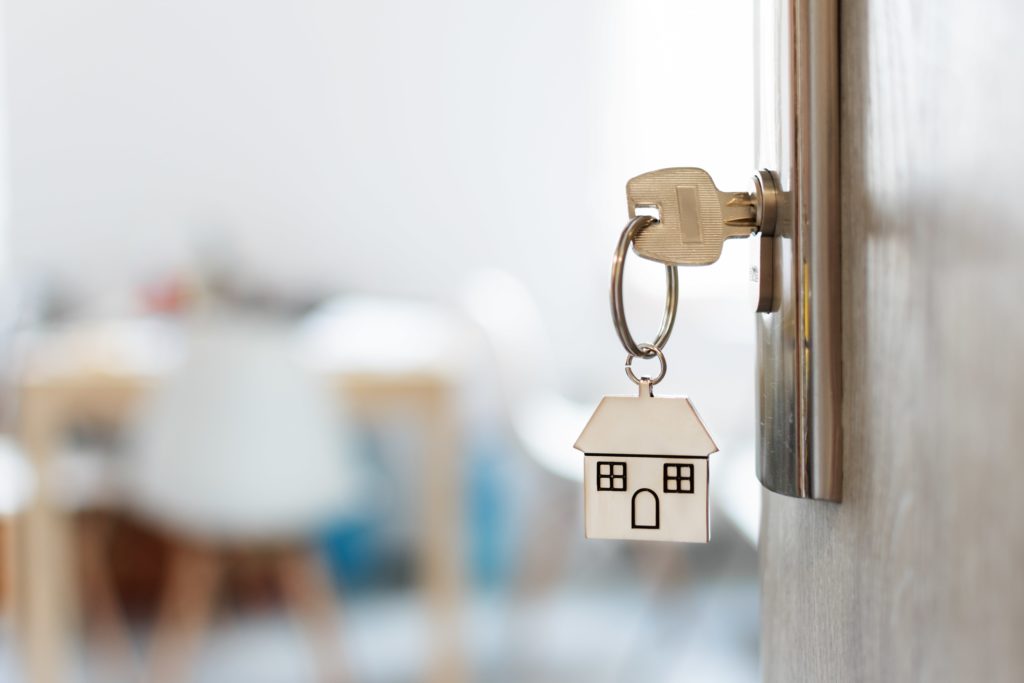
Looking to buy a house in 2022? If so, stable income, employment, and credit aren’t the only things to think about. Buying a house often involves bringing cash to the closing table, too — namely a down payment and/or closing costs.
These mortgage-related expenses are sometimes the biggest obstacles to homeownership. But with careful (and early) planning, you can drum up the cash to make buying a reality.
Here are a few tips for saving for a down payment or closing costs to buy a house.
- Estimate how much to save
A common question among buyers is: How much should I save for a home purchase?
To put it simply, the amount depends largely on the purchase price and the mortgage program. Typically, you’ll need a minimum down payment between 3.5% and 5% for an FHA and a conventional loan, respectively. It’s important to note that not all mortgage loans require a down payment. Additionally, closing costs can range an extra 2% to 5% of the loan amount.
Researching the average sold price of area homes is one way to “estimate” how much to save. Likewise, you can use a mortgage calculator to gauge affordability based on your income, and from here decide the amount to save for your down payment or closing costs.
Mortgage calculators just provide a rough estimate, though. Only your mortgage lender can determine your actual approval amount, as well as how much you’ll need to bring to closing.
- Budget your money
Creating a budget or spending plan is one of the first steps to saving for any big purchase, including a home. This involves tracking your income and expenses to understand what’s coming in and what’s going out.
Budgets can also identify negative spending patterns and areas where you’ll need to reduce spending in order to increase your savings rate.
- Save extra money
Take advantage of extra income you receive throughout the year. Rather than spend this money on entertainment or recreation, put it toward your house fund. Extra income might include a tax refund, a work bonus, and other unexpected funds. Additionally, if you get a raise at work, aim to save 100% of this pay increase if possible.
- Get a side hustle
Getting a side hustle or part-time job is another way to quickly save money for a down payment or closing costs. Let’s say you’re able to earn an additional $200 a week. If so, that’s an additional $10,400 a year for your down payment or closing costs (before taxes).
Keep in mind, though, you might be unable to use side hustle income for qualifying purposes when applying for a mortgage. To use side hustle income, the work must be ongoing and you must show proof of at least a two-year work history.
- Use gift money
Depending on the mortgage program, you can also use gift funds when buying a home. These funds can pay all or part of your down payment or closing costs.
Keep in mind, gift funds can only come from acceptable donors. These include a parent, child, grandparent, or sibling. Sometimes, gift funds can also come from aunts, uncles, nieces, nephews, cousins, and even organizations.
You must provide information about the donor, such as their relationship to you and their bank account information. In addition, the donor must provide a letter confirming that the money is a gift. In other words, they don’t expect repayment.
For many people, buying a home is an important life milestone. But as home prices continue to rise, it can be challenging to save and find a property within a desired price range. Even though there’s no way to predict housing trends in 2022, don’t let rising home prices discourage you from homeownership. The good news is that mortgage rates remain low. A low rate not only helps buyers get more house for their money — it also keeps homes more affordable.
To start your homebuying journey this year — and to learn about different mortgage programs — contact the loan experts at FirstBank Mortgage.





